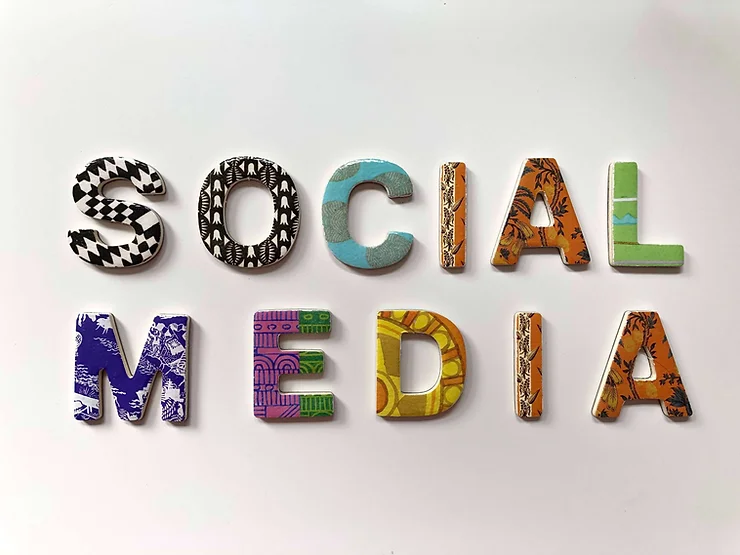
THE IMPACT OF SOCIAL MEDIA
Websites and apps that encourage collaboration, sharing of content, interaction, and community-based input are referred to as social media. We use social media to connect with others, or even conduct research.

Benefits and Use of Social Media
The use of social media platforms such as Facebook, Twitter, LinkedIn, Snapchat, YouTube, and Instagram, has become popular to connect with others and learn more about the world. Many people today use their smartphones, laptops, or tablets to access these platforms. As a result, it becomes simpler to stay in touch and interact with others at any time.
Social media is used by more than 4.7 billion people worldwide, equivalent to about 60% of the total global population. The most popular online sites in the world now are social media messaging platforms and apps.
Social media platforms are designed to capture your attention, keep you hooked to the internet, and constantly checking your screen for notifications and updates. This habit could lead to certain challenges.

Challenges of Social Media
Social media use can be addictive. A person may feel immensely satisfied when they get a like, a share, a remark, or another favorable response to a post. The more rewards a person receives, the more time they want to spend on social media, even if it negatively impacts other areas of their life.
On the other hand, when an individual does not receive this positive engagement on social media the individual may develop a negative reaction and overthink their online messaging. As a result, an individual may develop depression, anxiety, low self-esteem, or even stress.
For some, social media has become their cup of tea; they can’t go a day without using one of the social media platforms. Today, having a social media account has become a norm for people, organizations, and institutions. In fact, if you don’t have an online social media account, you are considered to be out of date.
A person’s life can suffer as a result of excessive social media use if they feel inadequate in their lives or appearance as a result of using social media. Even if you are aware that the images you see on social media have been altered, they may nevertheless make you self-conscious or worry about what is happening in your own life. Second, the fear of missing out on social media updates may prompt you to check your phone every few minutes for updates or to respond as soon as you receive an alert, even if doing so puts your safety at risk while you are driving, walking, cooking, getting too little sleep, or prioritizing social media engagement over in-person interactions.

Conclusion
Despite the negative aspects of social media the other side of social media brings out delightful feelings and contentment in one’s life as it allows you to connect to those you care about. Today, social media platforms have provided jobs for many people all around the world.
It’s not necessarily about whether we have social media platforms or not; the question is how well we use them. This is due to the fact that social media is less about technology and more about anthropology, sociology, and ethnography.
